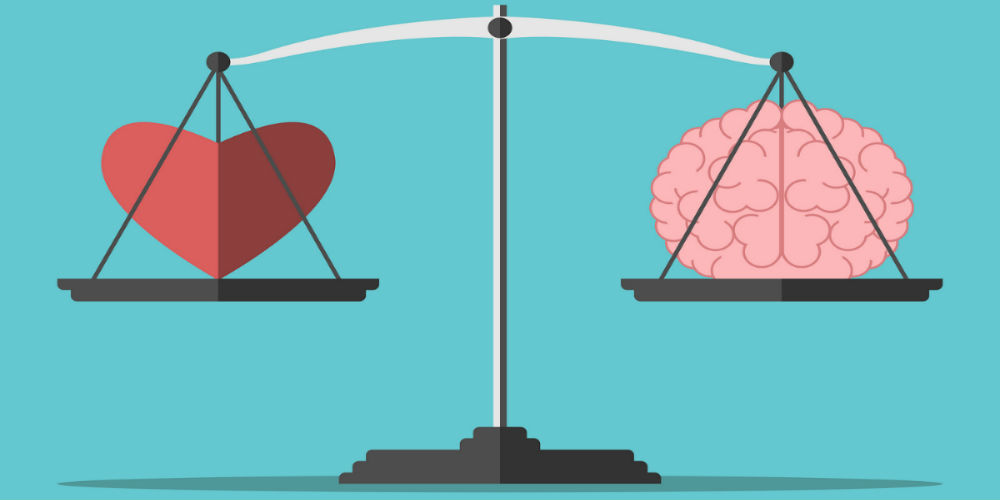Guide to understanding emotional intelligence

Intelligence is often referred to as the ability to learn new things, which is debated to be roughly the same from the time that we are 15 years old until we are 50. While having a high IQ is often a point of pride, those with them are often outperformed by colleagues with high emotional intelligence or EQ.
Emotional intelligence is comprised by a flexible set of skills that can be acquired and improved with practice to better handle situations. These skillsets are separated into two competencies, personal and social.

Personal competence is made up of your ability to be self-aware and your self-management skills, which both contribute to managing your behavior and tendencies.
Self-awareness
Your ability to recognize your own emotions and how they affect your thoughts and behavior. Being able to identify your own strengths and weaknesses and have self-confidence.
Self-management
When you’re able to control impulsive feelings and behaviors, manage your emotions in healthy ways, take initiative, follow through on commitments, and adapt to changing circumstances.
Social competence is made up your social awareness and relationship management skills, which help you understand other people’s moods, behavior, and motives in order to improve the quality of your relationships.
Social awareness
Your ability to understand the emotions, needs, and concern of other people, pick up on emotional cues, feel comfortable socially, and recognize the power dynamics in a group or organization.
Relationship management
Your ability to develop and maintain good relationships, communicate clearly, inspire and influence others, work well in a team, and manage conflict.






